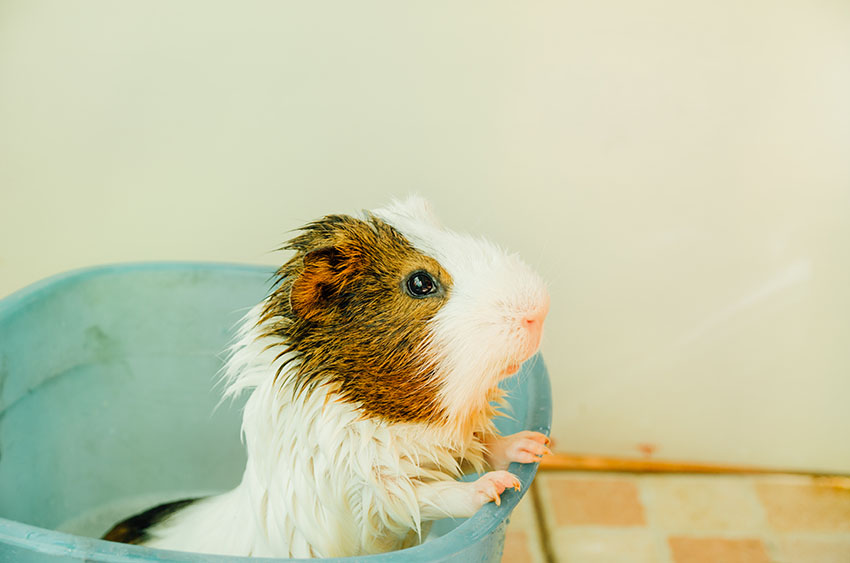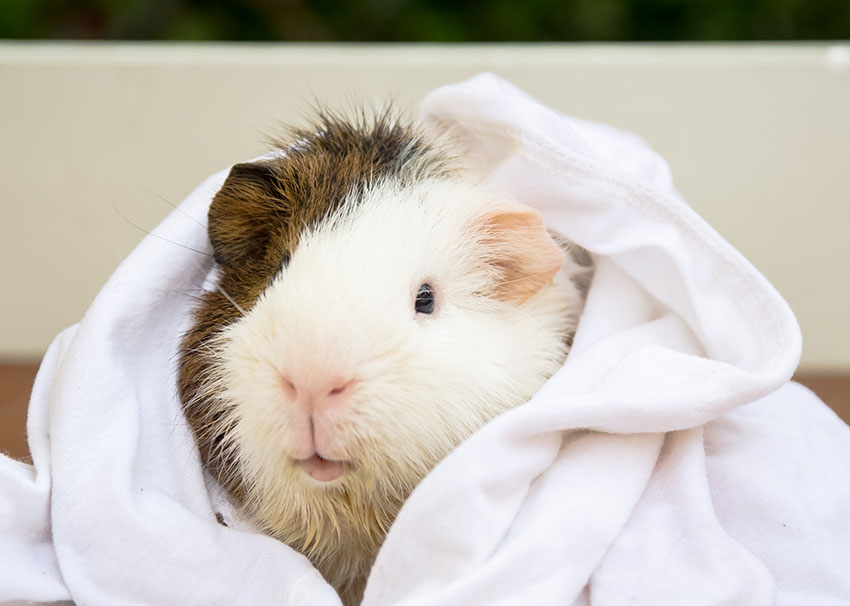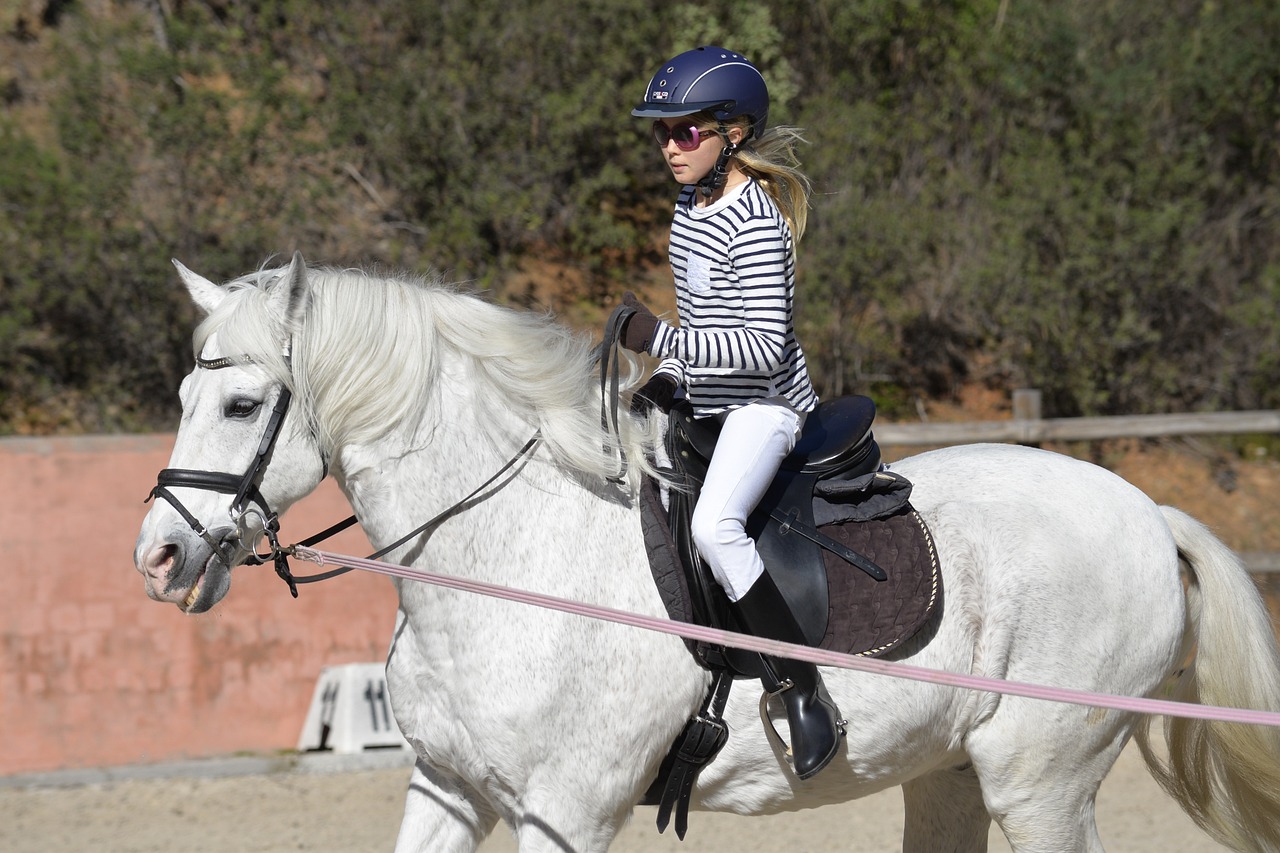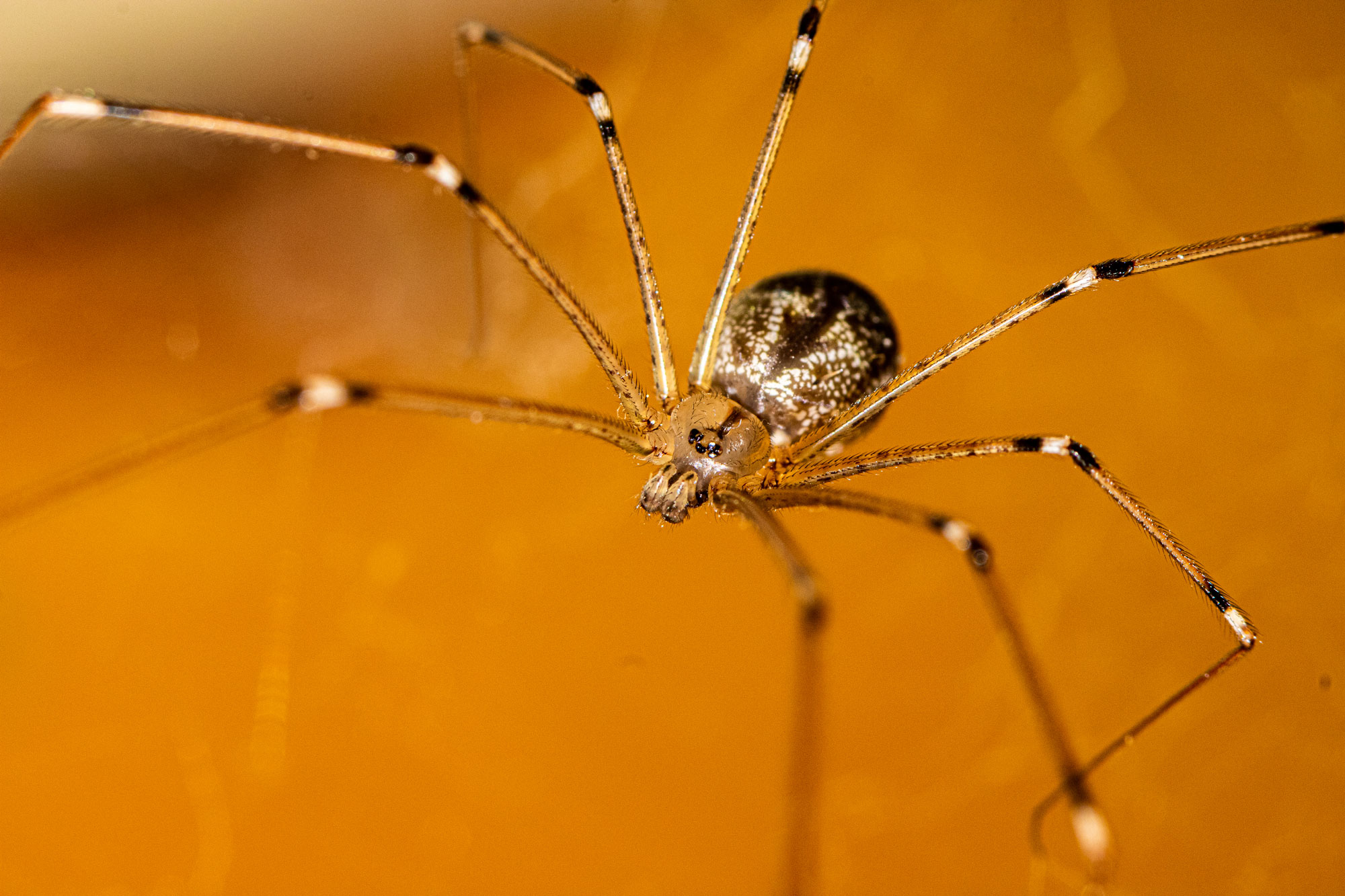No, a bath itself won’t kill a guinea pig if done correctly. Guinea pigs are generally clean animals and may not need frequent baths. They are sensitive creatures, and if not handled with care during a bath, they may become stressed or frightened, leading to health problems.
Water temperature should be lukewarm, and baths should be brief to prevent chilling. Water should not get into their ears or nose. Furthermore, guinea pigs should be thoroughly dried to avoid hypothermia. So, while a bath can be risky, it’s usually the mishandling or stress that poses a danger, rather than the bath itself.
What Are The Potential Dangers Of Guinea Pig Baths?
The potential dangers of guinea pig baths primarily revolve around the sensitivity and fragility of these small pets. Some of the dangers include
Stress: Guinea pigs are easily stressed animals, and a bath can be a stressful experience for them. Excessive stress can lead to health problems, and it’s important to minimize this risk during bathing.
Hypothermia: Guinea pigs are susceptible to getting cold quickly, and if the water is too cold or the drying process is inadequate, they can develop hypothermia.
Injury: Mishandling or slipping in the wet environment can result in injuries, like sprained limbs or even broken bones in guinea pigs.
Respiratory Issues: If water gets into the guinea pig’s ears or nose, it can lead to respiratory problems and infections.
Skin Issues: Using the wrong type of shampoo or soap or failing to rinse thoroughly can result in skin irritations or allergies.
How Often Should A Healthy Guinea Pig Get A Bath?

Bathing frequency for a healthy guinea pig can vary, with general recommendations suggesting a bath once every three months or less.
However, it’s important to consider factors like your guinea pig’s environment and overall cleanliness. Guinea pigs living in dusty surroundings may require more frequent baths, possibly more than once a year.
In contrast, indoor guinea pigs that stay relatively clean might only need a bath once or twice annually. Ultimately, the decision on how often to bathe your guinea pig should be based on their individual needs.
Keep in mind that over-bathing can strip their skin of natural oils, potentially leaving it dry and susceptible to infections, so it’s important to find a balance that suits your pet’s well-being.
How Should You Properly Bathe A Guinea Pig To Minimize Risks?
Bathing a guinea pig can be a delicate process, and doing it right is essential to ensure your pet’s safety and comfort.
Pre-Bath Preparations
Gather Necessary Supplies
Before beginning the bath, gather all the essential supplies: a small, shallow basin or sink, a towel, a soft brush, guinea pig-specific shampoo, and a non-slip surface. Having everything ready ensures a smooth bathing process.
Choose the Right Location
Select a secure and safe location for the bath, such as a countertop or a stable surface. Place a towel or a rubber mat at the bottom to prevent slipping. A secure setup helps minimize the risk of accidents.
Water Temperature and Quality
Ensuring Lukewarm Water
Guinea pigs are sensitive to extreme temperatures. To prevent discomfort or shock, ensure the water is lukewarm. The water should match their body temperature, which is typically between 37-39 degrees Celsius (98.6-102.2 degrees Fahrenheit).
You can test the water temperature with your wrist or a thermometer to make sure it’s at a comfortable level for your pet.
Use Guinea Pig-Specific Shampoo
Guinea pig-specific shampoo is formulated to be gentle on their sensitive skin. Avoid using human or dog shampoos, as they can be too harsh and may cause skin irritations.
Shampoos made for guinea pigs are specially crafted to be gentle and have the right pH balance for their delicate skin.
They typically include mild ingredients like oatmeal, aloe vera, or chamomile, which can help calm and hydrate their skin.
So, choose a product designed specifically for guinea pigs.
Gentle Handling
Minimizing Stress
Guinea pigs are easily stressed animals, so it’s crucial to maintain a calm and soothing environment. Speak softly to your pet and handle them gently. Reducing stress during the bath is key to their well-being.
Avoid Sudden Movements
Sudden, jerky movements can startle your guinea pig. Make slow, deliberate actions during the bath to prevent your pet from becoming anxious or frightened.
The Bathing Process
Wetting the Fur
Use a cup or your hand to wet your guinea pig’s fur with the lukewarm water. Start by wetting their back and work your way down to avoid getting their face, ears, or nose wet. Be cautious not to pour water directly on them, as this may cause distress.
Applying Shampoo
Apply a small amount of guinea pig-specific shampoo to your guinea pig’s wet fur. Gently massage it into their coat, focusing on areas that may be soiled or greasy. Be extremely careful around their sensitive facial areas.
Thorough Rinsing
Rinse your guinea pig thoroughly with lukewarm water to ensure that all the shampoo is completely removed. Leftover shampoo can cause skin irritations, so be meticulous in this step. Rinse multiple times if necessary.
Drying and Post-Bath Care
Gentle Drying
After the bath, it’s essential to pat your guinea pig dry with a soft towel. Guinea pigs can get cold easily, so make sure the drying process is gentle and thorough. Pay extra attention to their paws and belly.
Post-Bath Cuddle
To reduce post-bath stress, hold and comfort your guinea pig for a little while after they are dry. This cuddle time helps them feel secure and reduces any anxiety they may have from the bath.
Monitoring Health
Keep a close eye on your guinea pig for a few hours after the bath. Look for signs of stress or illness, such as shivering, unusual behavior, or a change in appetite. Immediate attention to any unusual symptoms can help ensure your pet’s well-being.
What Are The Signs Of Stress In Guinea Pigs During Baths?

Vocalizations: Guinea pigs may vocalize their discomfort during a bath. You might hear squeaking, whining, or high-pitched sounds. These vocalizations indicate that your guinea pig is not at ease and may be stressed.
Restlessness: Restlessness is a common sign of stress. Your guinea pig might become agitated, moving around frantically, or trying to escape from the water or your grip.
Rapid Breathing: Stress can lead to an increase in the respiratory rate. Your guinea pig may start breathing rapidly, which is a clear sign of discomfort.
Tensing Up: When guinea pigs are stressed, they may tense up their bodies. You might notice their muscles become rigid, and they might hunch their back or arch their body in an attempt to protect themselves.
Excessive Grooming: Some guinea pigs respond to stress by excessively grooming themselves. This behavior is a coping mechanism but can also be an indication of stress.
FAQ
Do guinea pigs enjoy baths?
Guinea pigs typically do not enjoy baths. They can find them stressful, so it’s best to limit baths to when they’re necessary.
Can cold water kill a guinea pig?
Cold water can be harmful to guinea pigs and may lead to hypothermia, so it’s important to keep them warm and dry.
Can heat kill a guinea pig?
Yes, excessive heat can be dangerous for guinea pigs and may cause heatstroke. Keep them in a cool and shaded environment.
Do guinea pigs prefer hot or cold?
Guinea pigs prefer moderate temperatures around 65-75°F (18-24°C). Extreme heat or cold can be uncomfortable for them.
Do guinea pigs hate heat?
Guinea pigs are sensitive to high temperatures and may struggle to regulate their body temperature, so they’re not fans of excessive heat.
Do guinea pigs sleep in the dark?
Guinea pigs are crepuscular, meaning they are most active during dawn and dusk. They do not require complete darkness to sleep.
How cold is OK for guinea pigs?
Guinea pigs can handle cooler temperatures, but they should be kept in a range of 60-75°F (15-24°C) to ensure their comfort and health.
Are guinea pigs OK at 5 degrees?
No, guinea pigs are not okay at 5 degrees. Such cold temperatures can be life-threatening for them.
Do guinea pigs smell?
Guinea pigs have a natural odor, but with regular cage cleaning and proper care, the smell can be minimized.
Why do guinea pigs freeze?
Guinea pigs may “freeze” when they’re scared, startled, or feel threatened. It’s a natural defense mechanism they use to avoid predators.
Final words
In conclusion, a bath itself won’t typically harm a guinea pig, but it’s crucial to handle the process with care and follow the right steps. Baths can be stressful for these delicate pets, and improper handling or excessive bathing can lead to health issues.
Remember to use lukewarm water and gentle products, and ensure that your guinea pig is thoroughly dried and comforted afterward. Always prioritize your pet’s well-being and cleanliness, and you can make bath time a safe and manageable experience for both you and your furry friend.









